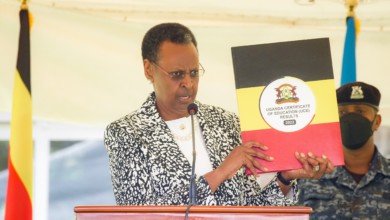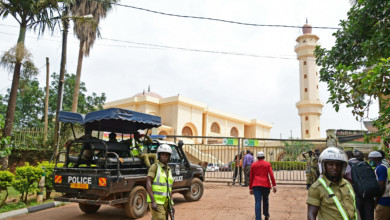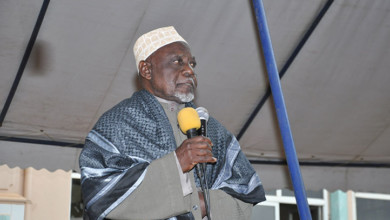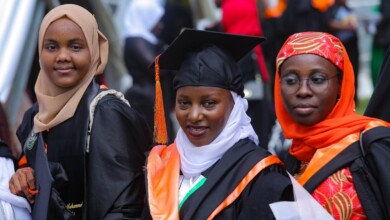Court blocks Ssekabaka Kalema ‘Mauled’
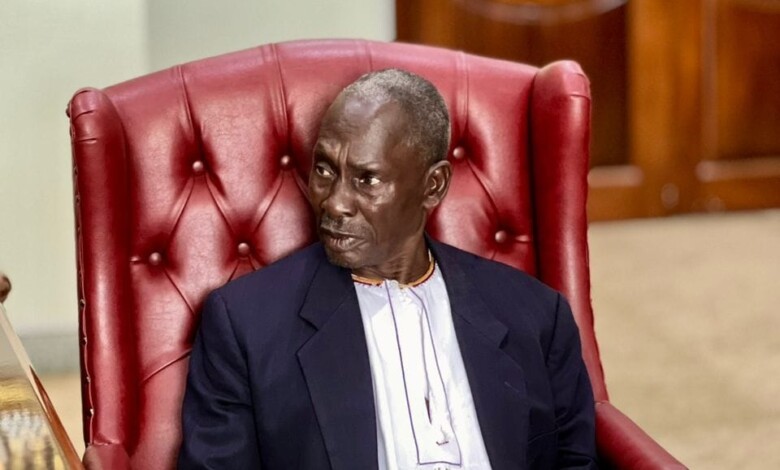
By Ahmed Idriss
A ‘mauled’ organized by a group of Buganda royals and Uganda Muslim Supreme Council (UMSC) to commemorate the legacy of the late Buganda King, Ssekabaka Nuhu Rashid Kalema hangs in a balance following a court order restraining Prince Edward Kimera from accessing the late king’s tombs at Mende in Wakiso district.
The interim order, issued by the deputy registrar of the High Court’s civil division, Simon Kintu Zirintusa, cconfirming Nalinnya Maria Luwedde as the lawful custodian of the tombs, dealt a heavy blow to Kimera’s efforts to claim leadership of the tombs, and host the UMSC leadership for the event, planned for Tuesday, November 5.

“At all material times, the Plaintiff has been the officially recognized person within the administrative hierarchy of Buganda Kingdom as the custodian of the Sekabaka Kalema tombs at Mende Central, Mende Subcounty, Wakiso district. It is a notorious cultural norm within the Baganda that the custodians of the tombs all over Buganda region are female Baganda known as ‘Nalinnya’,” Luwedde stated in her application filed by her attorneys from Mwasa, Nakitto and Company Advocates.
Luwedde argues that Prince Kimera’s organization of cultural rituals and invitation of Muslim leaders without her consent is unlawful.
“The Plaintiff knows that the Defendant’s act of inviting religious leaders to send prayers to the late Sekabaka Kalema is not driven by any good will but is rather intended to seek relevance and endear himself to a faction of the Muslim community in pursuit of self-interest while cementing further divisions within the Muslim community, hence turning the cultural site into a playing field for religious politics,” the suit adds.
Luwedde claims Kimera’s actions are self-serving, intended to gain relevance and create divisions within the Muslim community.
Kimera laid claim over the guardianship of the tombs on October 22 during a meeting with the Mufti, Sheikh Shaban Ramathan Mubaje.

During the meeting, Kimera told the UMSC leadership of his intentions to honour the legacy of his great grandfather, Ssekabaka Kalema who reigned between 1888 – 1891.
“Our great grandfather, the King, was a Muslim. So it is our wish that his legacy is brought to light to the wider Muslim public, and secondly, we wish to have our children taken to study Islamic theological studies in order to come and serve as Muslim clerics,” said Kimera.
Mubaje pledged his full support and agreed to attend the event as chief guest.
This is not Kimera’s first attempt to host Mubaje for the ‘Mauled’ but has always been stopped by the authorities. Last year, the event was shifted to Kaliiti village, about 10 kms away, after the security blocked the organisers from accessing the tombs.



